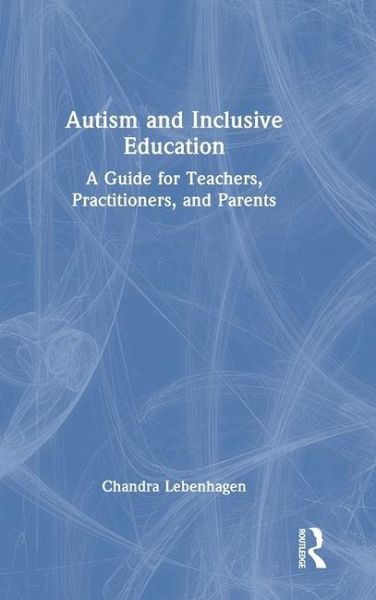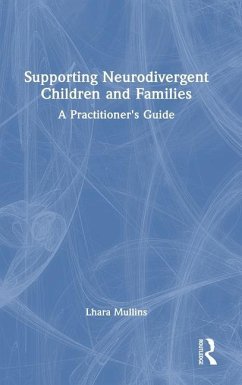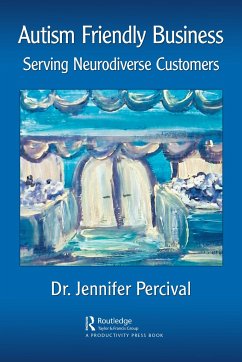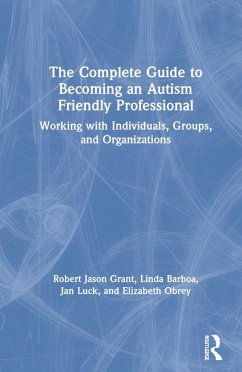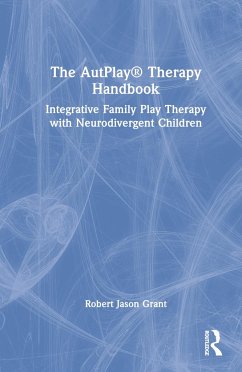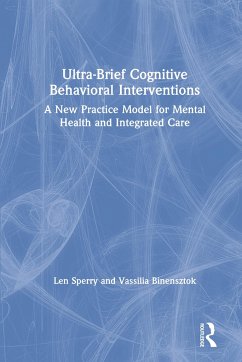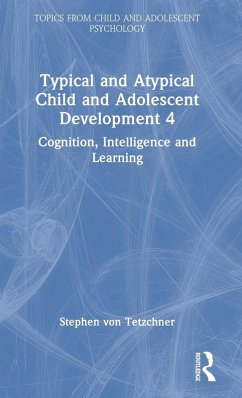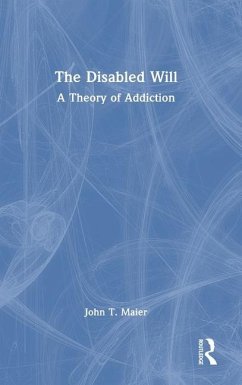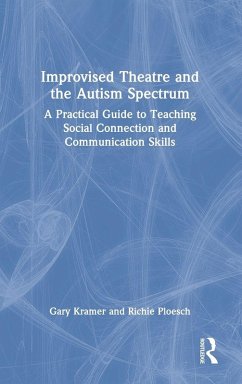Chandra Lebenhagen
Gebundenes Buch
Autism and Inclusive Education
A Guide for Teachers, Practitioners and Parents
Versandkostenfrei!
Versandfertig in 1-2 Wochen
Weitere Ausgaben:

PAYBACK Punkte
79 °P sammeln!





This handbook provides educators and school practitioners with a practical resource to successfully support speaking and non-speaking autistic students in K-12 school settings.
Chandra Lebenhagen is a lecturer at several Canadian universities, where she teaches graduate courses in inclusive education, autism, and evidence-based practices to support students with disabilities in K-12 settings. Her research focuses on ethics, critical disability, inclusive education, and evidence-based practices.
Produktdetails
- Verlag: Routledge
- Seitenzahl: 222
- Erscheinungstermin: 25. Juli 2024
- Englisch
- Abmessung: 235mm x 157mm x 17mm
- Gewicht: 479g
- ISBN-13: 9781032687964
- ISBN-10: 1032687967
- Artikelnr.: 70151858
Herstellerkennzeichnung
Libri GmbH
Europaallee 1
36244 Bad Hersfeld
gpsr@libri.de
"As a parent of two school-aged autistic children and as a researcher focusing on technologies to enable better inclusion of autistic students, I cannot overstate the importance of this book for parents, teachers, and school administrators. Autistic students find it extremely challenging to access age-appropriate education due to incorrect and outdated assumptions about their abilities. They are often judged by how they present externally ("behaviours"), and these snap, ableist judgements often lead to adverse outcomes such as placement in segregated classrooms and the accompanying loss of meaningful instruction, autonomy, purpose, community, and connectedness. While Equity, Diversity, Inclusion, and Accessibility (EDIA) initiatives have
Mehr anzeigen
ramped up in large organizations such as school boards and have (rightfully) benefitted several marginalized groups, the autistic student community continues to be sidelined and left in the dark. This book presents a practical, step-by-step guide steeped in research and the lived experiences of autistic students to address this problem. It details concrete alternatives to current behaviourist approaches and illustrates how the voices of autistic students can be channelled to build a truly inclusive and meaningful educational environment for them. In summary, this book is a timely tool for anyone who is interested in systematically implementing practices that transform educational outcomes for autistic students, thereby allowing this community to flourish and thrive."
Diwaker Krishnamurthy, PhD., Professor, Schulich School of Engineering
"This book results from a brave and relentless effort to transform autistic students' lives. Each chapter describes critical aspects of the complex circumstances that impact autistic students and their families. The book starts with a critical historical review of various theories, approaches, and interventions for autistic people. This attention to history and context makes this book an excellent reference for everyone interested in understanding the social and political dimensions that shape interpretations and decisions around treatments for neurodevelopmental conditions beyond autism. The reader will also find in this book the valuable voice of an author who brings to the narrative her extensive experience as a learning specialist greatly committed to improving the experience of neurodiverse learners. This book is an outstanding contribution to educational research and practice that aims to foster inclusive and respectful environments for neurodiverse communities."
Gabriela Alonso Yáñez, PhD., Associate Professor, Werklund School of Education
Diwaker Krishnamurthy, PhD., Professor, Schulich School of Engineering
"This book results from a brave and relentless effort to transform autistic students' lives. Each chapter describes critical aspects of the complex circumstances that impact autistic students and their families. The book starts with a critical historical review of various theories, approaches, and interventions for autistic people. This attention to history and context makes this book an excellent reference for everyone interested in understanding the social and political dimensions that shape interpretations and decisions around treatments for neurodevelopmental conditions beyond autism. The reader will also find in this book the valuable voice of an author who brings to the narrative her extensive experience as a learning specialist greatly committed to improving the experience of neurodiverse learners. This book is an outstanding contribution to educational research and practice that aims to foster inclusive and respectful environments for neurodiverse communities."
Gabriela Alonso Yáñez, PhD., Associate Professor, Werklund School of Education
Schließen
Für dieses Produkt wurde noch keine Bewertung abgegeben. Wir würden uns sehr freuen, wenn du die erste Bewertung schreibst!
Eine Bewertung schreiben
Eine Bewertung schreiben
Andere Kunden interessierten sich für




